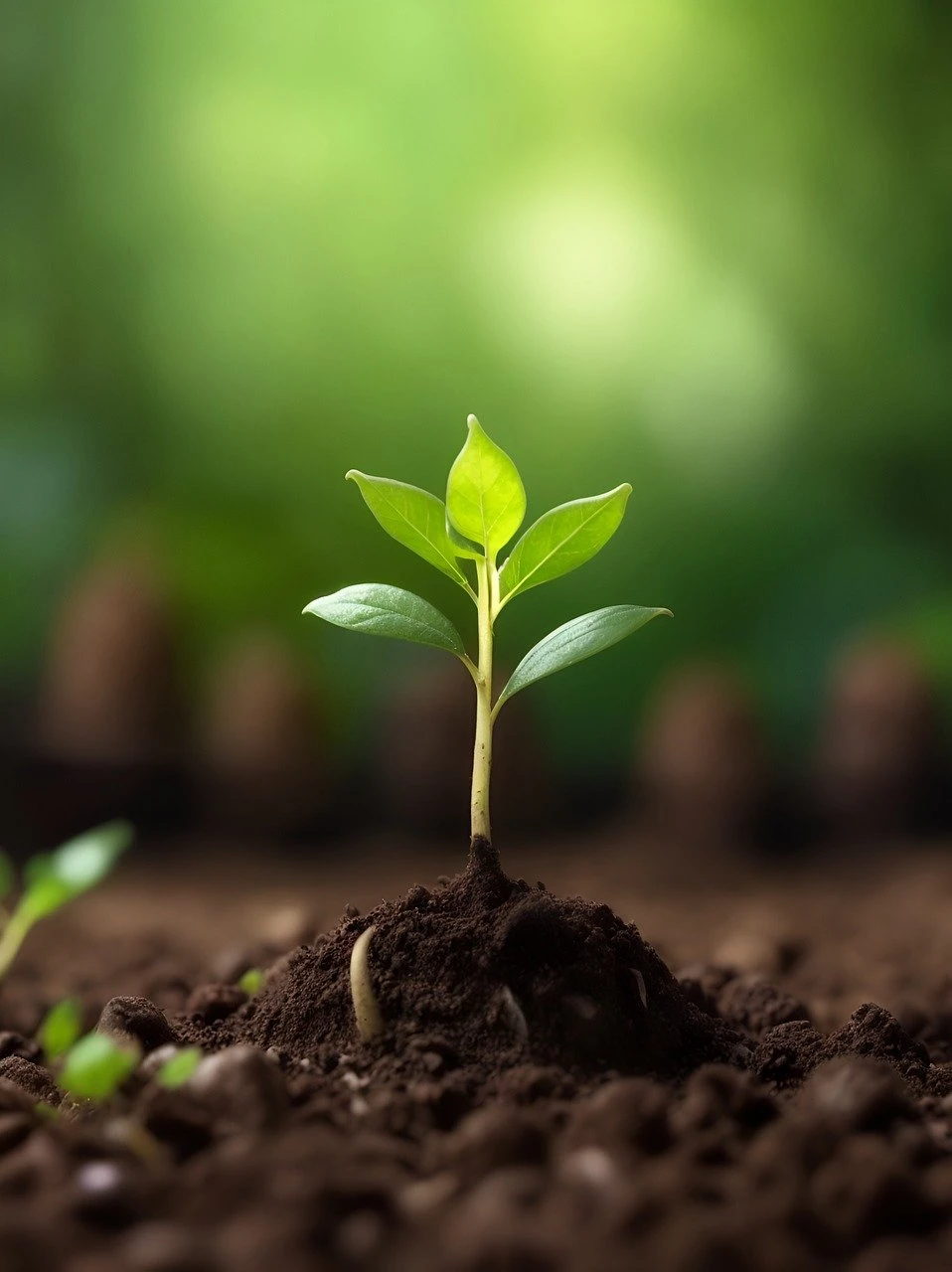how to prevent food waste in restaurants?



Anusuya Tamilrajan
Enironmental Enthusiast January 28
Modern farming heavily relies on chemical fertilizers, pesticides, and GMOs, which harm the environment and human health. It is high time to adopt organic farming. But is it possible to adopt 100% organic farming
The answer is YES, and Sikkim, a state in northeast India, has proven it!
In 2016, Sikkim declared itself 100% organic, becoming the first state globally to achieve this milestone. The United Nations’ Food and Agriculture Organization (FAO) even awarded Sikkim the Future Policy Gold Award for its groundbreaking efforts in sustainable farming
What is Organic Farming?
Organic farming focuses on growing crops without synthetic pesticides, fertilizers, or GMOs, ensuring healthier food and a healthier planet. Sikkim implemented this visionary practice across all its organic farms, leading to a transformative impact on its ecosystem.

Visionary Policy:
Banning Chemicals:
Empowering Farmers:
Educating Future Generations:
Impact on Local Communities:
The shift to organic agriculture has empowered Sikkim farmers by improving their livelihoods and creating global demand for their organic produce farming. It is a win-win for the environment and the economy!
Sikkim proves that sustainable practices can shape a greener future. Whether you're an environmental enthusiast or simply someone who cares about the planet, Sikkim's journey into organic farming is an inspiring story of hope and change.
Let us Learn from Sikkim!
If this small state can make a massive difference, imagine what we can achieve together by supporting organic farming and choosing sustainable lifestyles.
Click here to know more about organic farming.
What steps can we take to encourage more regions to adopt organic farming practices? Comment below!
#OrganicFarming #OrganicFarmingPractices #SustainableFood #SustainableAgriculture
Related Conversations